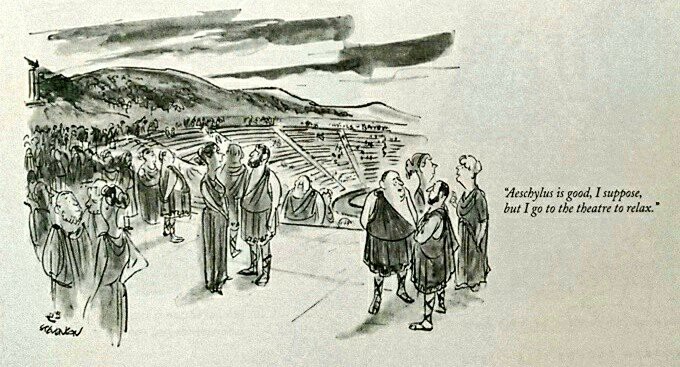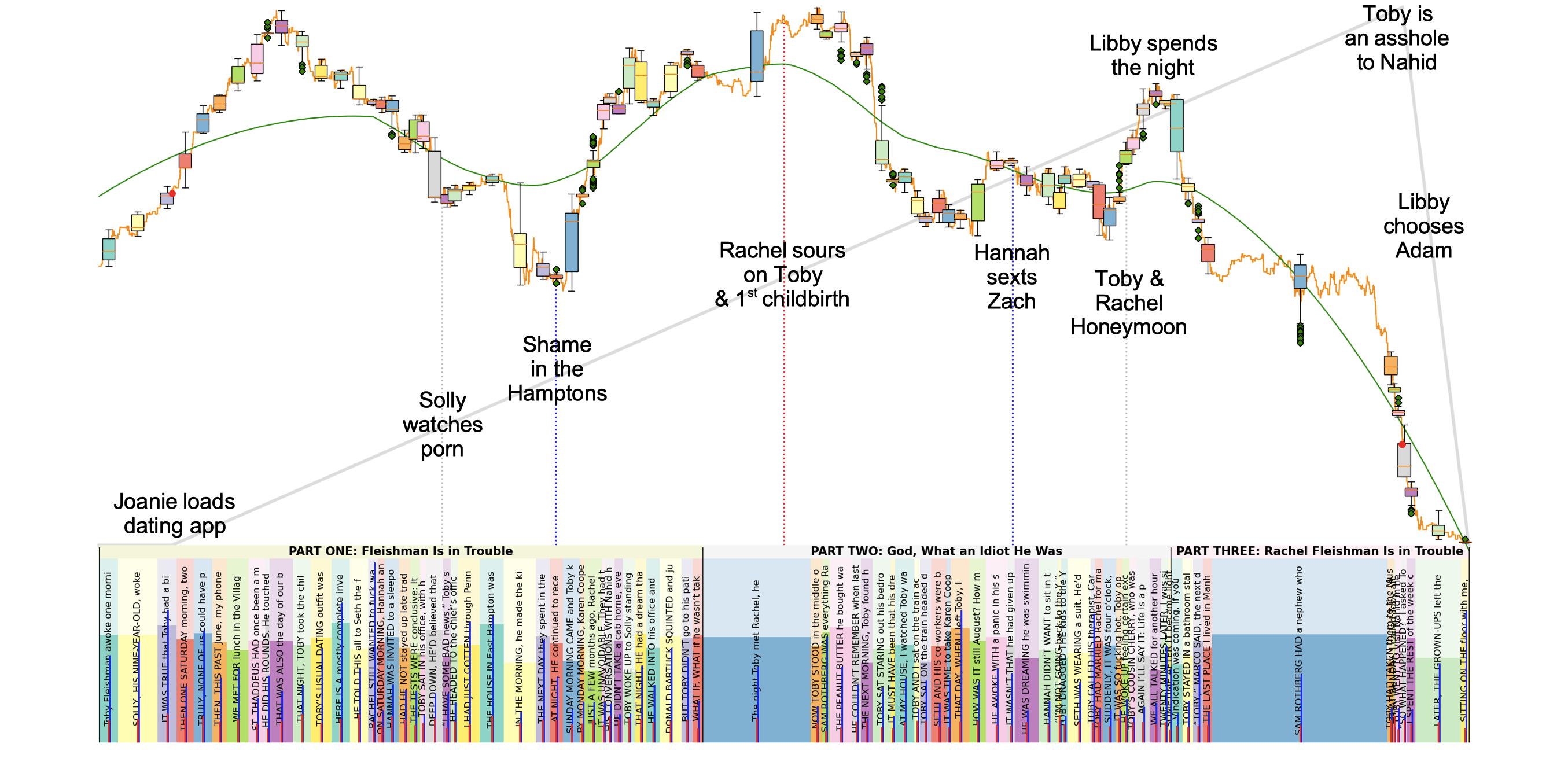Agenda
- Why We're Here / Roundtable Rules
- Introduction to Literary Forensics
- Group Discussion
- Further Study
Why We're Here
We writers want to improve our craft
by reading like a writer
We learn from each other
using Literary Forensics
Roundtable Rules
Always refer back to the book
Practice active listening & serendipity
Every feeling and observation is valid...
but not every conclusion
Always refer back to the book
Reading Teaches Writing
Today's author: Taffy Brodesser-Akner
- New York Times staff profile writer
- On Writing Fleishman
- "I wrote the first 10 pages, and then I wrote the last 10 pages, and then I wrote everything in between. . . . Exactly the same, except it went from 3rd person to 1st person."
- "First it was about dating . . . and then . . . it was really about marriage . . . and then it was really about divorce, which I didn't want to face for quite a while, and then I did."
- "The book is like a profile . . . that I'm making up. And the hardest part of it was . . . to make people up and then have to observe them is to kind of deny what is so amazing about people which is that . . . they always contradict themselves, and are unpredictable. Whereas creating something is to create a series of predictable things.”
- "We're in the likable character conversation . . . and I left that agent"
What do you feel?
What in the book elicited that feeling?
Every feeling and observation is valid...
but every conclusion should be questioned
We practice serendipity
- nothing is too crazy
Always refer back to the book
What do you notice?

Fleishman is in Trouble - Stats
- Marketing: Literary Satire Fiction
- Genre: Realistic, Modern-Day, Arch-Plot Long-Form
- Word count: 135,882
- Print Pages: 376
- Reading Level: 7th grade
- POV: Libby
- Publish date: June 18, 2019
- Publisher: Random House
- Sold By: Random House
- Recognition: NYT bestseller, National Book Award longlist
- TV: It's being turned into a 9-episode show on ABC Signature - Broadcast on FX
"Summon your witnesses" - Aeschylus from Eumenides (Oresteia trilogy, part III) 
Athena questions the furies — and thus reveals her wisdom not by knowing the facts, but by knowing how to accumulate the facts — and then sagely notes “With two parties here, that is only half the story.”

